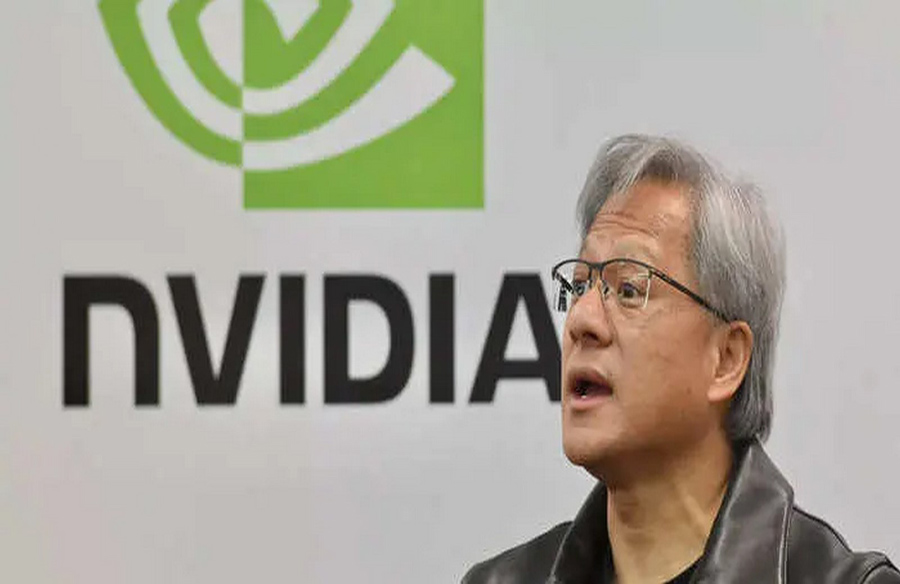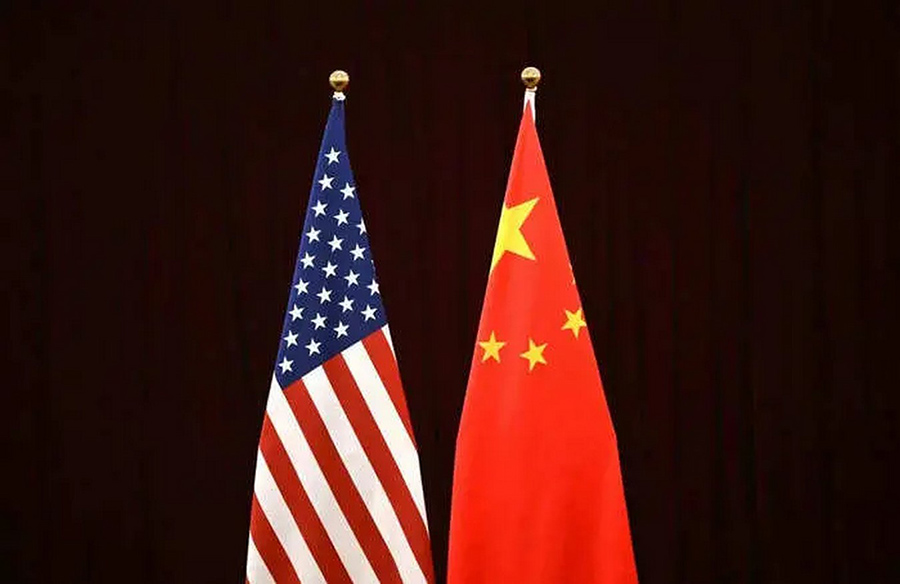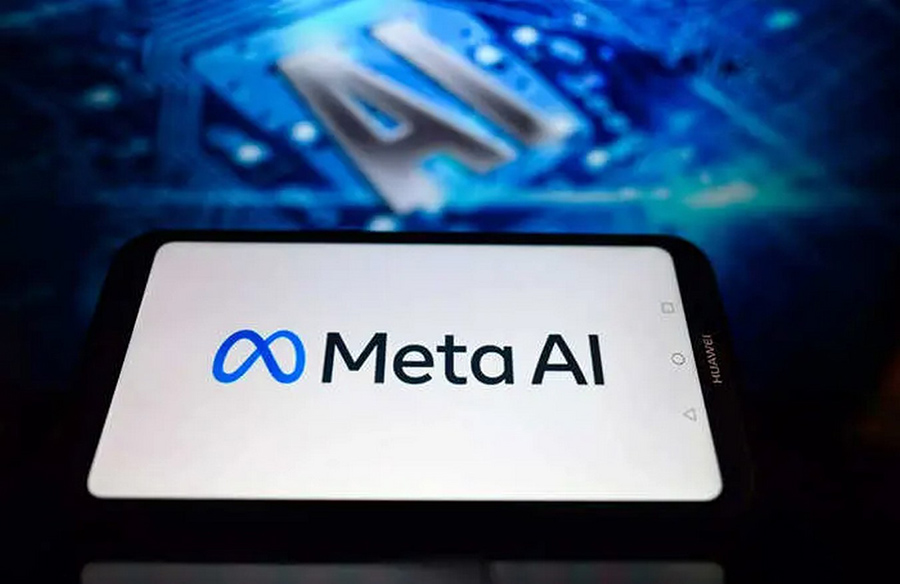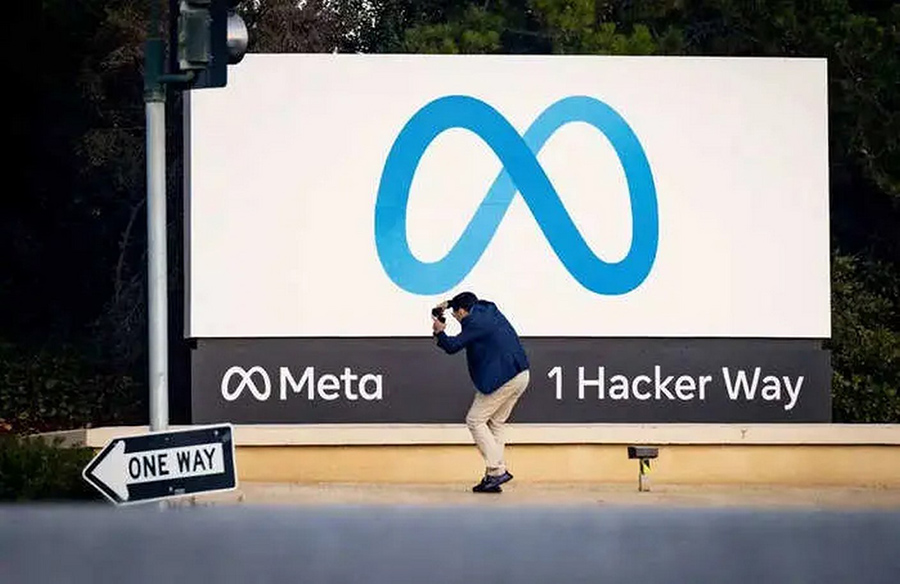Nvidia’s AI Chip Boom: A Potential Boost for US Semiconductor Jobs

Nvidia’s remarkable success in the past year extends beyond its stockholders’ delight. The soaring demand for its high-end chips, crucial for powering AI technologies such as ChatGPT, holds the promise of generating employment opportunities across the semiconductor industry, from chip designers to manufacturers and suppliers.
Reducing Reliance on Overseas Manufacturing
The surge in demand for Nvidia’s AI chips could play a pivotal role in the Biden administration’s efforts to revitalize semiconductor manufacturing within the United States. By fostering domestic chip production, the administration aims to diminish the country’s reliance on overseas sources, particularly Taiwan, which faces geopolitical vulnerabilities.
In 2022, President Biden signed the CHIPS Act into law, allocating $52 billion in subsidies to bolster the US semiconductor industry. This legislative push aligns with the broader goal of reshoring semiconductor production to American soil.
Projected Growth and Economic Impact
Deloitte’s January projection anticipates a 13% growth in global semiconductor chip sales in 2024, driven primarily by the demand for AI chips. The market for AI chips, virtually nonexistent in 2022, is poised to reach $50 billion by 2024 and could represent half of the entire chip market by 2027.
The optimistic outlook for AI chip demand signals a significant opportunity for job creation and economic expansion within the semiconductor sector. The Semiconductor Industry Association projects substantial workforce growth in the US, with an estimated increase of nearly 115,000 jobs by 2030.
Overcoming Challenges and Seizing Opportunities
Despite the promising outlook, the semiconductor industry has encountered obstacles, including a downturn in sales and construction delays for major chip factories. However, the burgeoning demand for AI chips, fueled by advances in generative AI technology, promises to reverse this trend.
Implications for Job Creation and Industry Players
Nvidia, a leading player in AI chip design, stands to benefit significantly from the growing demand for its H100 GPUs. While Nvidia relies on Taiwan Semiconductor Manufacturing Company (TSMC) for chip production, the company’s expansion plans, including manufacturing in the US, offer potential benefits for domestic job growth.
Beyond Nvidia, various companies across the semiconductor industry are poised to capitalize on the AI chip boom. Tech giants like Amazon and Meta, along with established players like Intel and AMD, are positioning themselves to seize opportunities in this rapidly expanding market.
Diversifying Manufacturing and Mitigating Risks
As Nvidia explores diversifying its manufacturing ecosystem, including plans to produce chips in the US, the move not only bolsters the economy but also mitigates risks associated with geopolitical tensions, particularly concerning Taiwan’s vulnerability to Chinese intervention.
Supporting Industries and Workforce Expansion
The ripple effects of AI chip demand extend to companies specializing in semiconductor equipment, such as Lam Research, Applied Materials, and KLA Corporation. These businesses, predominantly based in the US, are likely to experience significant growth, necessitating an expansion of their workforces.
Addressing Workforce Challenges
While the semiconductor industry anticipates substantial job growth, concerns linger about filling these positions. Community colleges and universities are collaborating with semiconductor companies to cultivate the skilled workforce needed to meet the industry’s demands.
Conclusion
Nvidia’s AI chip boom presents a transformative opportunity for the US semiconductor industry, with the potential to create jobs, bolster economic growth, and enhance national security. As the industry navigates challenges and capitalizes on emerging opportunities, concerted efforts to cultivate a skilled workforce will be essential in realizing its full potential.


 English
English 






























































































































































































































































































































































